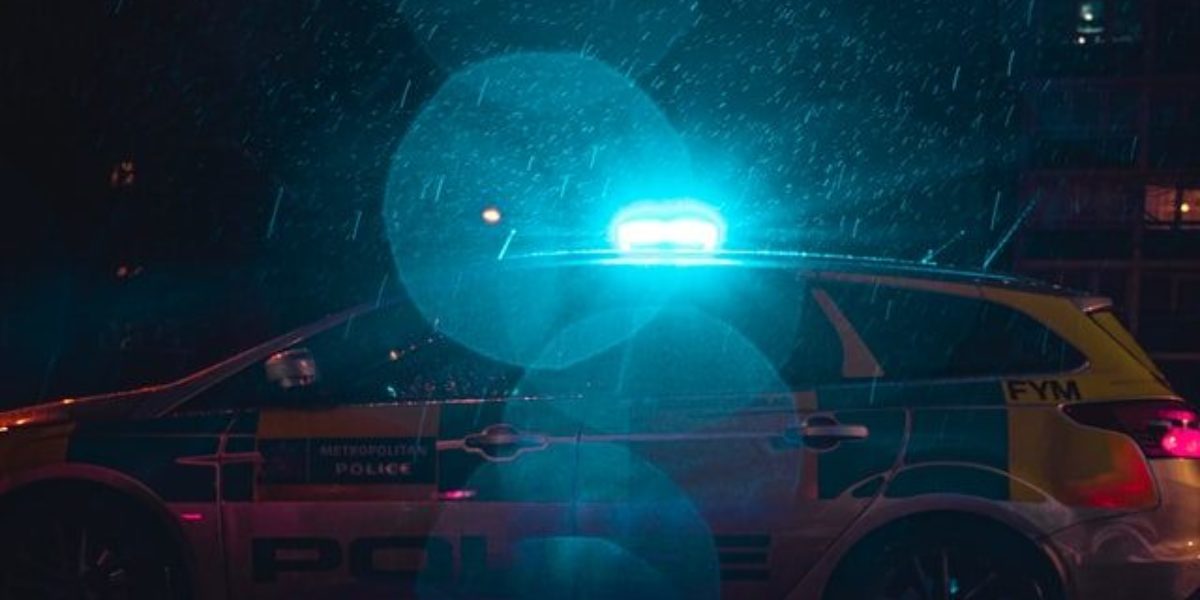Police go flat out
EVs are proving unreliable in the protection of the public
Criminal have little to fear from the electric revolution.
Gloucestershire Constabulary took on a number of electric vehicles (EV) in their fleet earlier this year. Currently, 21% of their 435 vehicles are fully electric.
However, despite their environmental credentials, catching criminals is not one of their strong points.
Arresting qualities
Police and Crime Commissioner for Gloucestershire, Chris Nelson, recently told local councillors that he is concerned about the operational impact electric vehicles are having on the force. The charge comes from a report in the Stroud News and Journal.
Nelson explained how some officers who drive electric vehicles (EVs) are struggling with flat batteries. Finding recharging facilities in the county is proving elusive and they “run out of puff” often requiring them to get another conventional police car to bail them out.
Nelson was responding to a question from councillor Steve Robinson. He was asking if the PCC supported the use of electric cars.
“We have the largest fleet by percentage size,” says the Commissioner. “That has brought its problems.
“The design options available for electric vehicles for operational uses are not perhaps as advanced as I would like them to be. So, let’s put it like this, I’m cautious about going any further down that road at this stage.
He continues that he’d like to “see more operational choice”. When an officer is out in a rural area on a road traffic accident and his lights are one, his radio is on, his heater is on, using an EV can prove an issue.
“I’ve heard lots of problems with officers driving around in electric vehicles having problems trying to find recharging facilities. Running out of puff and then having to get another vehicle.
While he says he fully understands and supports climate controls and green areas, his “first priority is to fight crime”.
“I have to take the operational effect into account.”
Legacies
In January, 2020, Gloucestershire Constabulary adopted 75 new EVs. This reflects a commitment by the previous Police and Crime Commissioner, Martin Surl, to ensure the force operates in a way which is as responsible and sustainable as possible.





